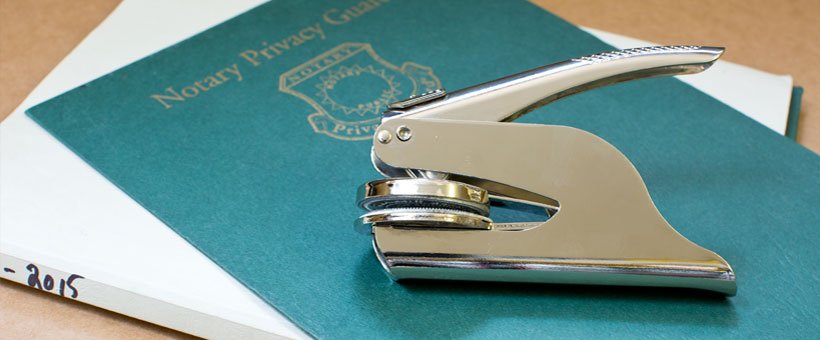In today’s digital world, many people are asking the same question: “Can I sign and notarize documents online?” With more paperwork being done electronically, it’s important to understand when you can use digital tools—and when you still need an old-fashioned ink signature.
In this blog, we’ll explain the difference between wet (ink) signatures and electronic signatures, how electronic notarization works, and when California law allows each method. Whether you’re handling legal documents, real estate forms, or business agreements, knowing the right type of signature and notarization will help you save time and stay compliant.
What Is a Wet Signature?
A “wet signature” is the traditional way to sign documents—by hand, using a pen. It’s called “wet” because the ink is physically applied to the paper.
Wet signatures are still widely used, especially for:
- Wills and trusts
- Real estate deeds
- Powers of attorney
- Legal contracts that require original signatures
When you visit a notary in person, the notary will witness you signing the document by hand, check your ID, and apply their stamp or seal. This is still the most common type of notarization.
What Is an Electronic Signature?
An electronic signature is a digital version of a signature. It can be as simple as typing your name, clicking a button, or signing with a finger or stylus on a screen. These are commonly used for:
- Business agreements
- Some government forms
- Financial and insurance paperwork
- HR onboarding documents
Electronic signatures are legal under federal law thanks to the ESIGN Act and UETA (Uniform Electronic Transactions Act). However, not all documents are allowed to use electronic signatures in every state or situation.
What Is an E-Notary (Electronic Notarization)?
Electronic notarization, also called “e-notary,” is when a notary public notarizes a digital document instead of a paper one. The signer usually signs electronically, and the notary adds their electronic seal and signature. This can happen in person using a computer or tablet.
In California, electronic notarization is legal—but only in person. That means the signer still needs to appear before the notary, just like with a paper document. The difference is that both the signature and the notary’s seal are applied digitally instead of on printed paper.
Can I Notarize a Document Online in California?
Currently, California does not allow remote online notarization (RON). This means that even if a document is signed electronically, the signer and the notary must be in the same room at the time of notarization.
Some other states allow remote notarization using video conferencing tools, but California notaries are not permitted to do this under current state law. If a California resident needs a remote notarization, they may need to work with an out-of-state notary who is authorized to perform RON and whose notarizations are accepted in the relevant jurisdiction.
When Should You Use a Wet Signature?
While digital options are helpful, there are still many times when a wet signature is required. In California, certain documents must be signed in ink and notarized the traditional way. These include:
- Real estate deeds and property transfers
- Some estate planning documents (like wills and trusts)
- Power of attorney forms
- Any document requiring an “original signature” by law
In these cases, you’ll need to sign the document by hand and bring it to a notary for a traditional in-person notarization.
When Is an Electronic Signature Okay?
Electronic signatures are a great option when:
- The document is not legally required to be on paper
- All parties agree to use electronic signatures
- The document is part of a digital process (like onboarding or contracts)
- The agency or company accepting the form allows it
Electronic signatures are especially useful for business owners, HR departments, and individuals dealing with digital contracts or forms that don’t require an ink signature.
Choosing the Right Notary Service
Knowing whether to use a wet or electronic signature depends on what kind of document you’re signing and what the law allows. For many people in Orange County, using a local notary service makes this process much easier. A professional, experienced notary can help you determine what kind of signature is needed, and make sure your documents are done right the first time.
Services like those offered through notary Newport Beach can assist with both traditional and electronic notarization, depending on your needs. Having a local resource that understands California law helps ensure your documents are accepted wherever they need to go.
Final Thoughts
As technology changes the way we handle paperwork, understanding the difference between wet and electronic signatures is more important than ever. While digital tools can save time and add convenience, they’re not always the right fit—especially when laws require a specific kind of signature.
Before signing anything important, make sure you know:
- Whether your document can be signed electronically
- If notarization is required, and how it must be done
- What your state (like California) allows or prohibits
By making smart choices and working with a knowledgeable notary, you can keep your documents valid, safe, and legally sound—no matter how they’re signed.




